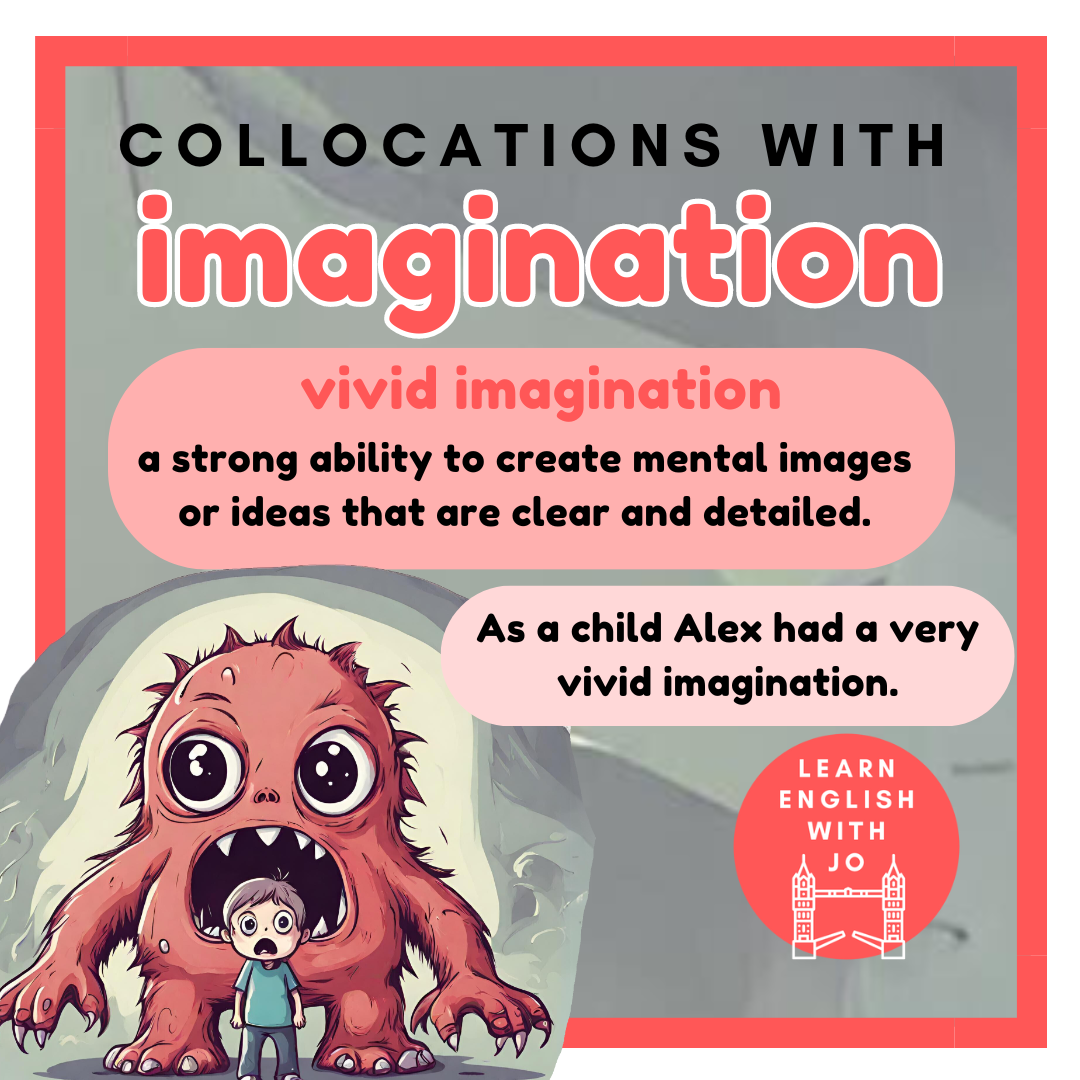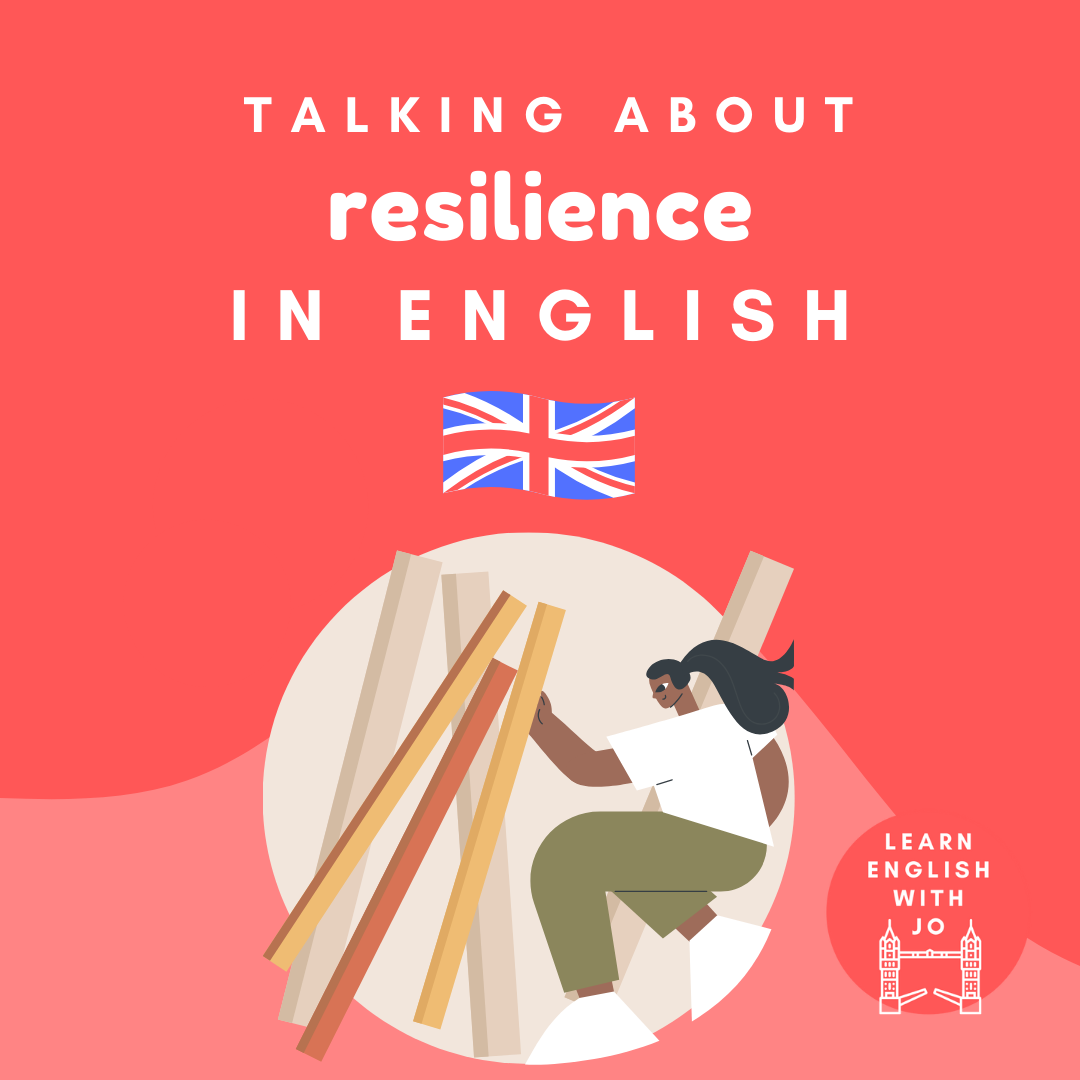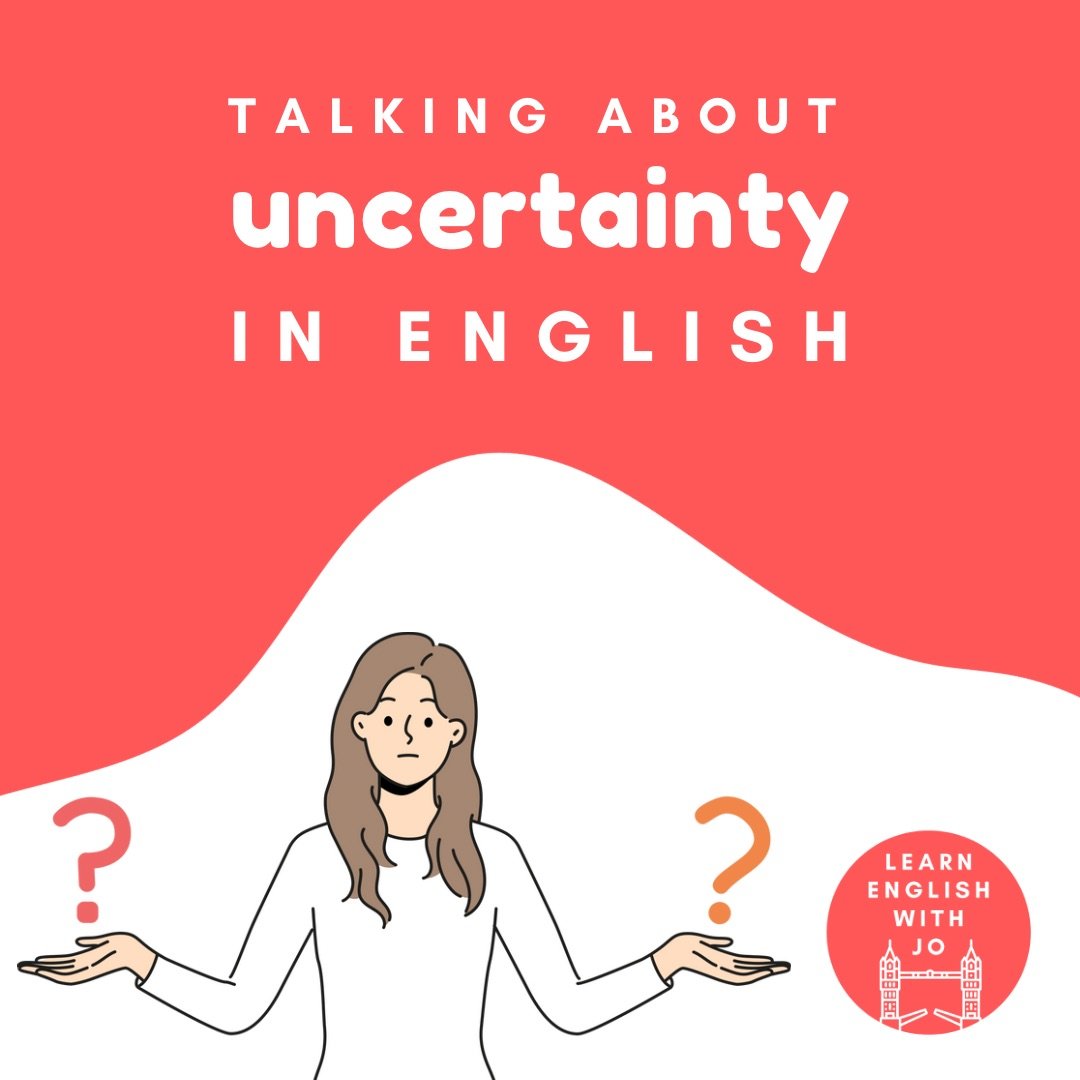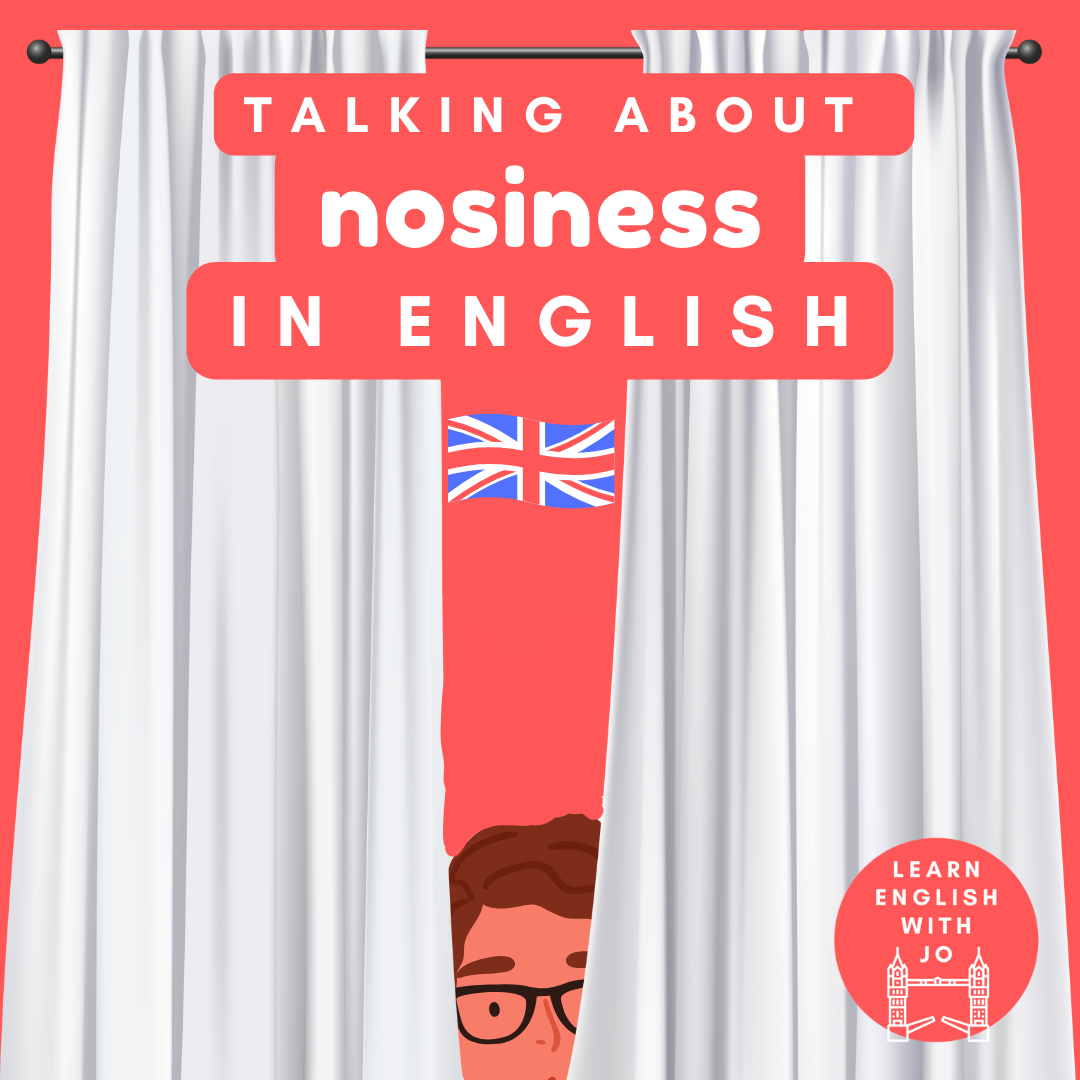Recent Posts

Learn English phrasal verbs related to education and study.
Today, we're looking at English phrasal verbs related to study and education. These verbs are indispensable tools for expressing concepts and actions commonly encountered in learning and academic settings. Whether you're a college student or a lifelong learner, incorporating these phrasal verbs into your vocabulary will enhance your ability to articulate ideas effectively in English.

Ways to say you’re sure about something in English.
Mastering English isn't just about grammar rules and vocabulary; it's also about learning how to use the nuances of expression. Today we’re going to look at how we can convey certainty about something in English. Whether you're engaging in a debate, expressing your opinion, or simply affirming a fact, being able to express confidence in English can significantly enhance your communication skills.

English collocations with imagination.
This week, in her English conversation class, a student wanted to talk about her child’s creativity. The conversation developed into a discussion about imagination and we compared the imagination of a child to that of an adult. During our conversation we explored some of the language we can use to talk about creativity and imagination, including collocations that are commonly used with the word imagination.

Talking about resilience in English.
Just like in life, language learning is fraught with obstacles – whether it's mastering complex grammar rules, overcoming pronunciation challenges, or facing moments of self-doubt. However, by embracing the spirit of resilience, learners can transform setbacks into stepping stones towards linguistic proficiency.
Let’s look at some of the language we can use to talk about resilience, specifically in your English learning journey.

English idioms for talking about sadness.
Learning English idiomatic expressions can be useful, both in understanding and expressing emotional nuances. Today we’re looking at using idioms to talk about sadness in English. Everybody feels sadness from time to time and these idioms can be used for everything from feeling a vague sense of dissatisfaction (down in the dumps) to being devastated by an event (to be knocked sideways/ to be cut up about something.) Hopefully you won’t be needing this idioms any time soon!

Learn English expressions for talking about uncertainty.
it’s not unusual to find ourselves in a position where we don’t know what is going to happen next. Nothing is ever completely certain in either our professional or personal lives or even on a global scale.
In this blog post, we'll explore five essential English expressions to help you talk about and understand conversations about uncertainty. Imagine how you could apply each of the following expressions to your own experiences and try to incorporate it into a sentence.

English expressions- what does it mean to be tone-deaf?
Have you ever heard of an individual or organisation being described as tone-deaf? The accusation is probably not referring to their ability to discern musical notes, but rather their social awareness and sensitivity. Describing someone or an entity as ‘tone-deaf’ suggests that they are oblivious or indifferent to the emotions, concerns, or cultural nuances of a situation. It's like they're out of sync with the prevailing sentiment or mood, leading to misunderstandings or even offence.

Learn English phrasal verbs for talking about morning routines.
Today we’re going to look at some essential English phrasal verbs associated with morning routines providing meanings and example sentences so that you can confidently talk about your morning habits.

Talking about expectation in English.
This week in one of my English conversation classes we listened to an episode of David Robson’s The Expectation Effect on BBC Radio 4 exploring how our expectations can effect our health, happiness and productivity.
Students discussed some of the issues raised Robson’s book, looking at the language we use to talk about expectations. They also talked about the expectations placed on them by family, friends and society as well as exploring the expectations that they place on themselves in their personal and professional lives. I’ve listed some of the vocabulary elicited from our conversations below.

Talking about taking risks in English.
How often do you step out of your comfort zone, embrace the unknown and take a risk? I’m usually a little bit risk averse, preferring to play it safe and avoid stepping into the unknown. Today we’re going to take a look at the vocabulary and expressions that we can use for talking about risk taking in English.

Common English collocations with money.
Are you an English learner striving to enrich your vocabulary and speak with confidence about everyday life? Understanding and learning collocations—words that naturally go together— can be important when it comes to mastering English fluency.
So let’s look at some common English collocations with ‘money.’ As you review the chunks, think about how you could use them in your own life and try and create a sentence relevant to you.

Learn English slang- double whammy
A ‘double whammy’ is an informal English idiomatic expression used to describe a situation where two negative things happen at the same time or in quick succession, compounding their effects. Essentially, it signifies a double dose of trouble or a particularly challenging circumstance. Let’s look at how we can use it.

Talking about nosiness in English
Have you ever felt like someone was poking their nose into your business? Or perhaps you've been accused of being a nosy neighbour? Nosiness, the act of being overly curious or intrusive into others' affairs, is a common social phenomenon. Whether it's a busybody in your community or a colleague at work, dealing with nosy individuals can be challenging. Let’s look at ways of talking about nosiness in English.

English phrasal verbs for talking about our pets.
Lots of my students share their homes with animals and the subject of pets often pops up in small talk. In fact sometimes the pets briefly join us in conversation class! Today I’ve got some useful phrasal verbs for talking about our furry friends in English. I’ve included the meaning and an example sentence for each verb.

Learn English idioms with heart
Do you know what it means ‘to pour your heart out to somebody?’ What about ‘to wear your heart on your sleeve?’
In the video below and blog we'll have a look at a handful of English idioms centred around the concept of the heart, exploring their definitions and providing example sentences that demonstrate the depth and versatility of these expressions.

Learn English idioms for talking about happiness
Today we’re going to explore five English idioms for talking about happiness, looking at their meanings and how they can be used in sentences.
Learning English is not just about mastering grammar and vocabulary, but it's also about understanding the nuances of expressions that English speakers use in daily conversations. Next time you’re feeling particularly happy, try one of these!

Alternative ways to say ‘very' in spoken English
When it comes to expressing intensity or emphasising a point in English, the word ‘very’ often takes centre stage. However, using the same word repeatedly can make your speech seem a bit monotonous and less engaging. Exploring alternatives to ‘very’ isn’t just about diversifying your vocabulary but also about enhancing your communication skills and sounding more natural and comfortable in the language.

Learn 6 ways to ask somebody to wait in English
In today’s super fast-paced world, being able to ask someone to wait politely in English is an essential skill. Whether you're catching up with a friend, managing work responsibilities, or simply need a moment to gather your thoughts, using the right expressions can make a difference.
If you can’t immediately attend to somebody then simply abruptly saying ‘wait’ or ‘wait please’ can come across rather rude.
So, let’s look at some of the more polite ways you could ask somebody to wait in English.

Talking about disappointment in English as a second language.
In a speaking lesson this week, my student and I looked at an article in which the writer described experiencing a crushing disappointment. It’s a universal feeling that we all experience at some point in our lives. Whether it’s not getting the job we interviewed for, failing an exam or simply being let down by a friend at the last minute, the sense of disappointment can leave us feeling a bit deflated, at best.

Pumpkins, bunnies and sausages. Terms of affection for young children in English.
Within the English language there is a huge array of charming, cutesy terms and expressions that adults use to address young children. From peanut to munchkin, sweetheart to honey; let’s have a look at some of them.
